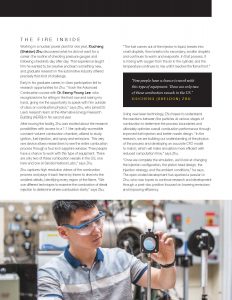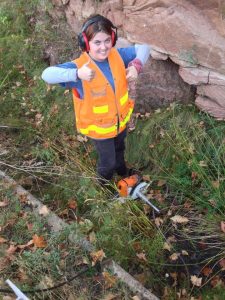Program: The Data Incubator is an intensive 8 week fellowship that prepares masters students, PhDs, and postdocs in STEM and social science fields seeking industry careers as data scientists. The program is free for Fellows and supported by sponsorships from hundreds of employers across multiple industries. In response to the overwhelming interest in our earlier sessions, we will be holding another fellowship.
Who Should Apply: Anyone who has already obtained a masters or PhD degree or who is within one year of graduating with a masters or PhD is welcome to apply. Applications from international students are welcome. Everyone else is encouraged to sign-up for a future session.
Locations: In addition to the below in-person locations, we will have a remote online session:
- New York City
- San Francisco Bay Area
- Seattle
- Boston
- Washington, DC.
Dates: All sections will be from 2018-06-18 to 2018-08-10.
Application Link: https://www.thedataincubator.com/fellowship.html#apply?ref=wcGtreWxsb25AbXR1LmVkdQ==
Data Science in 30 minutes: Learn how to build a data-science project in our upcoming free Data Science in 30-minutes webcast. Signup soon as space is limited.
Learn More: You can learn about our fellows at The New York Times, LinkedIn, Amazon, Capital One, or Palantir. To read about our latest fellow alumni, check out our blog. To learn more about The Data Incubator, check us out on Venture Beat, The Next Web, or Harvard Business Review.




